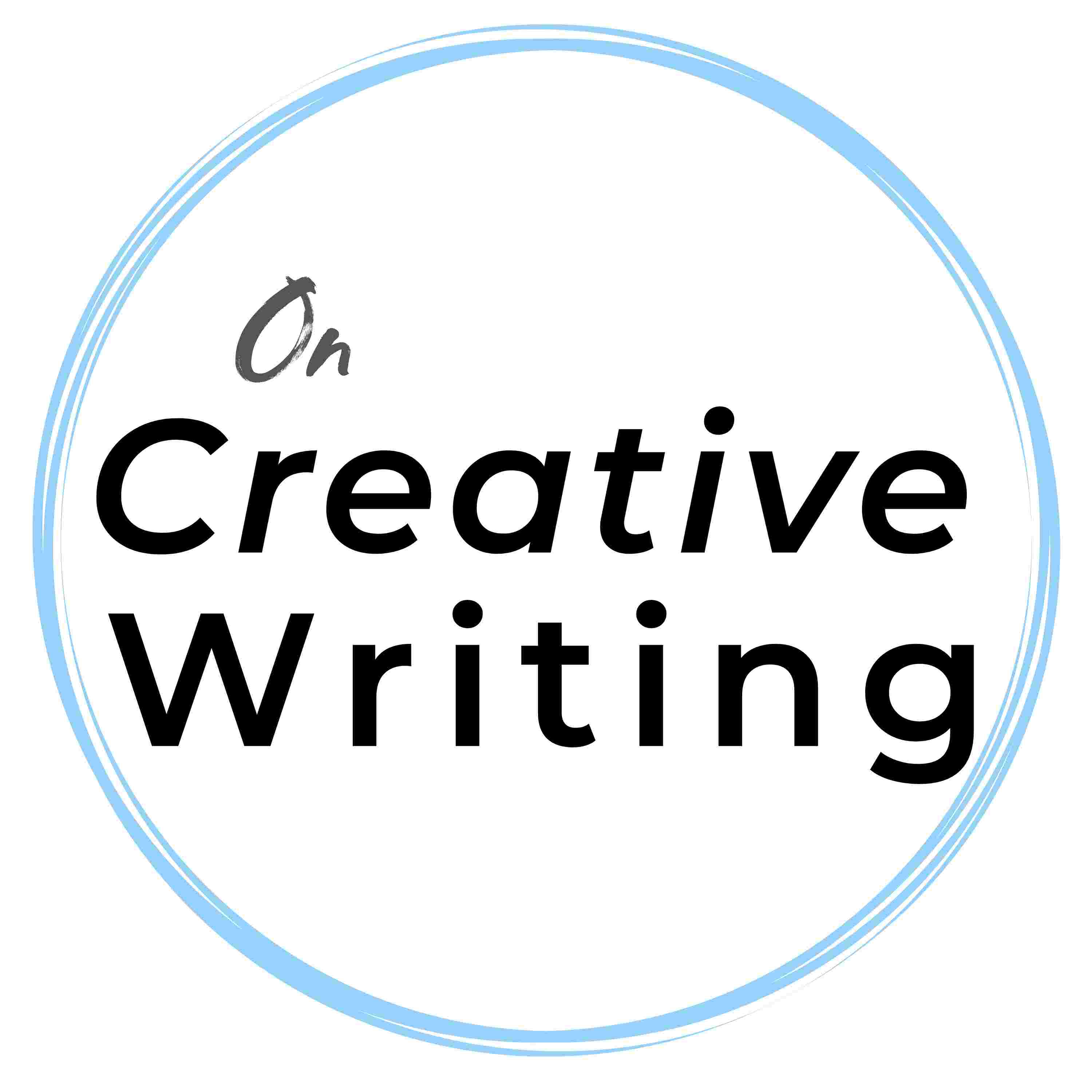

Hello! If you are enjoying the podcast and our interviews at OnCreativeWriting.com please consider making a tiny donation towards website hosting fees us at Ko-fi.
On Creative Writing host Sheelagh Caygill speaks with author and AI expert Paul Dettmann to explore how much of a threat generative AI is to creative writers. Paul brings a wealth of experience, tracing his journey from early AI research to his current projects at the intersection of technology and storytelling. They unpack the complexities, opportunities, and challenges that gen AI presents to creative writers.
Paul shares his personal background, detailing how his fascination with both literature and technology led him to investigate the potential of AI in creative fields. His early days saw him working on a neural network project with the BBC. Since then, there have been many advancements in generative AI.
A central theme of the conversation is the concern many writers have about AI-generated content. Paul acknowledges these anxieties, noting that the rapid development of gen AI tools has sparked fears about originality, job security, and the dilution of authentic voices. However, he offers a reassuring perspective: rather than viewing AI as a threat, writers should consider harnessing it as a tool for research and ideation. Paul notes that AI can be good at generating ideas, suggesting plot twists, or providing background information, but it lacks the nuanced understanding, emotional depth, and lived experience that human writers bring to their work.
Paul and Sheelagh dig into the role of media in shaping public perceptions of AI. They examine how sensational headlines and dystopian narratives can amplify a writers' fears, often overlooking the practical limitations of current AI systems. Paul points out that while AI can mimic certain aspects of human writing, it is still far from replicating the complexity and authenticity of genuine artistic expression.
Paul underscores the enduring value of human creativity. He argues that authentic, human-created art will always hold a vital place in human cultures, even as digital tools become more sophisticated. The unique perspectives, emotions, and cultural contexts that writers infuse into their work cannot be replicated by algorithms. Instead, AI should be seen as an assistant—one that can enhance productivity and spark inspiration, but never fully replace the creative spark that defines great writing.
Paul delivers a nuanced understanding of AI’s role in the creative process. He encourages writers to experiment with AI as a collaborative partner, while at the same time setting their own rules for how to use it. For example, Paul does not use AI to write any of his books, but instead he may use it to test out ideas, brainstorm, or research. Ultimately, Paul suggests that writers need to embrace adaptability, critical thinking, and a be open new tools, all while staying true to the core principles of authentic storytelling.
Key Topics Discussed:
Takeaways:
Links:
Bill Gates article:
Paul's interview with fashion expert Nafisa Tosh on AI in fashion: